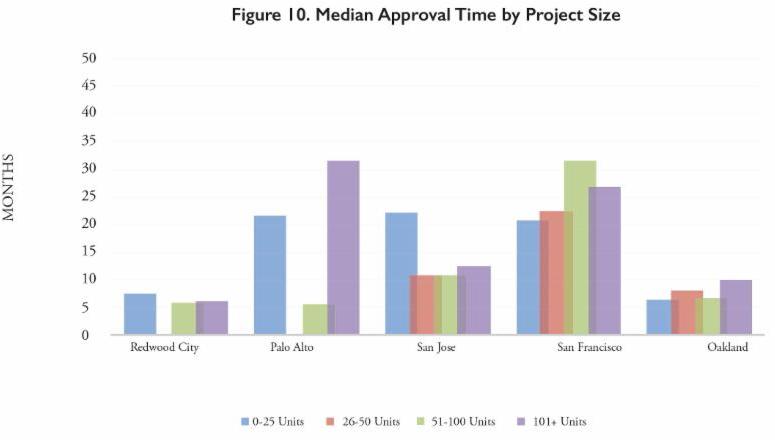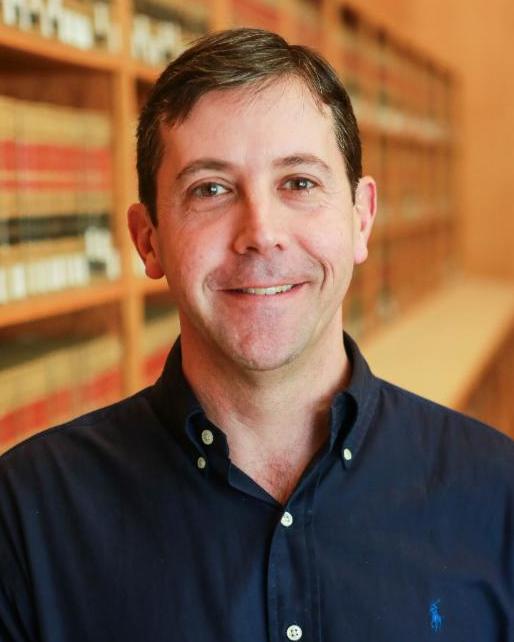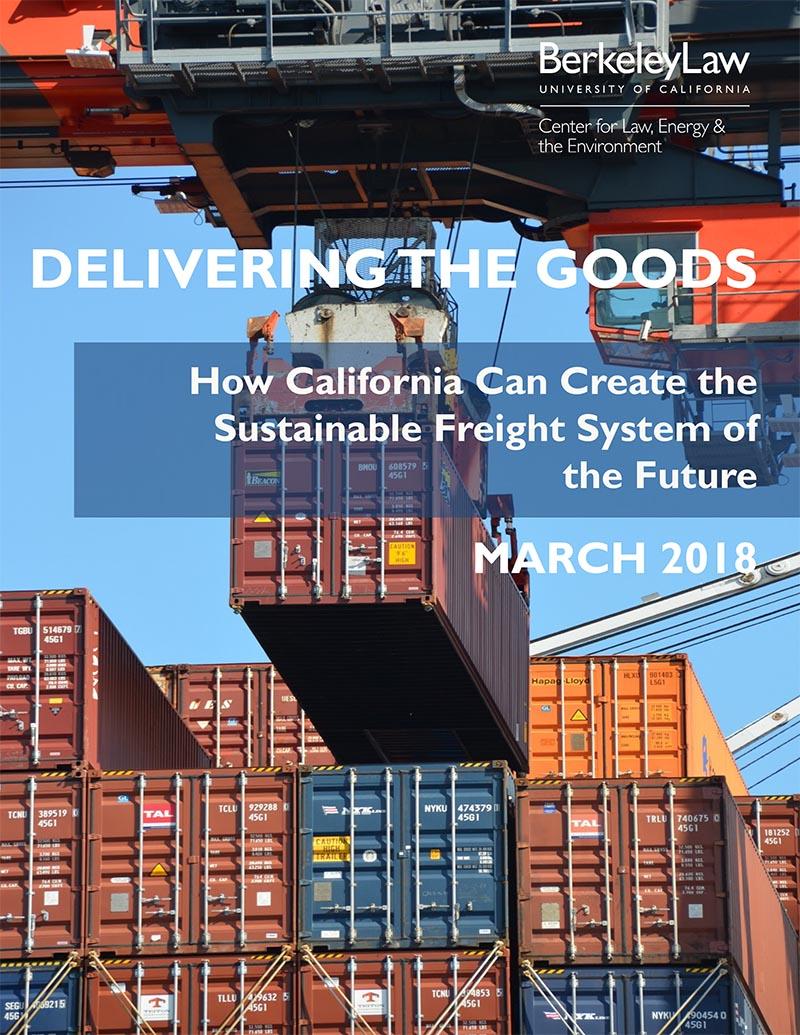| |
Examining the Role of Local Land Use Regulation in California's Housing Crisis
This past fall, a Berkeley research team, including Eric Biber, Moira O'Neill and Giulia Gualco-Nelson, started exploring how land use law and/or environmental regulation may be impeding housing construction in California's high-cost cities. The resulting report, Getting it Right, presents initial findings on the question of whether the California Environmental Quality Act (CEQA), and/or local land-use regulations constrain housing development through the imposition of delays and time-lags in entitlement processes.
The authors collected data on all residential development projects of more than five units over a three-year period in five Bay Area cities (San Francisco, Oakland, San Jose, Redwood City, and Palo Alto). They then analyzed the law applicable to these residential development projects, and interviewed important actors in the residential development process in each of these five cities.
They found that
these five local governments are imposing discretionary review processes on all residential development projects of five or more units within their borders: even if these developments comply with the underlying zoning code, they require additional scrutiny from the local government before obtaining a building permit. This local discretion is what triggers CEQA review of these projects. This means whether and how environmental review occurs for residential projects is driven by local land-use law.
In addition, these cities also appear to impose multiple layers of discretionary review on projects, and the processes to review residential development projects vary from city to city. As a result, developers must learn to navigate very different and complicated land-use systems, even if they work in the same region. This seems to particularly burden smaller development projects. Finally, all five cities rely on streamlined CEQA procedures for the majority of their residential projects, including many large projects. The effectiveness of those streamlined procedures in reducing timeframes for project approval, however, varies greatly, suggesting that a range of non-legal factors (such as practices in planning departments, or the amount of resources dedicated to planning) may also play a role.
The first set of results is just the beginning. The study is continuing with expanded data collection in cities throughout California, and the team will produce more analysis in the months ahead.

|
|
Faculty + Staff
In the News
|

Dan Farber weighs in on last week's federal court hearing on climate change science saying, "major oil corporations have now acknowledged the reality of climate change and the need for government action" in Scientific American.
|

Quoted in CNBC News, Ethan Elkind discusses high-speed rail in California, grounding its ambitions in the political and funding realities of the project.
|
Join the Webinar
Delivering the Goods: How California Can Create the Sustainable Freight System of the Future
>>Join us for a webinar tomorrow, March 29, 2018 at 10:00 AM PDT<<
 California's freight system is integral to the functioning of the state, national, and global economies. It includes all forms of commercial transportation of freight to, from, and within the state and is responsible for one third of the state's economy. The vehicles, equipment, and infrastructure that constitute this system are also collectively responsible for six percent of California's greenhouse gas emissions, nearly 50 percent of statewide diesel particular matter emissions, and approximately 45 percent of statewide nitrogen oxides emissions.
California's freight system is integral to the functioning of the state, national, and global economies. It includes all forms of commercial transportation of freight to, from, and within the state and is responsible for one third of the state's economy. The vehicles, equipment, and infrastructure that constitute this system are also collectively responsible for six percent of California's greenhouse gas emissions, nearly 50 percent of statewide diesel particular matter emissions, and approximately 45 percent of statewide nitrogen oxides emissions.
In order for California to meet its ambitious climate, air quality, and public health goals, particularly in disadvantaged communities, the state will need
to realize significant reductions from the freight sector, which can set an example for t
he nation.
Our soon to be released report, Delivering the Goods, envisions a freight system that achieves maximum efficiency and sustainability.
________
Register now for tomorrow's webinar
|
|
Help Make Our Work Possible
CLEE is a self-supported research and educational support center within Berkeley Law. Our work is made possible by project funding and donations from our generous community of supporters. If you like what we do, please consider making a one-time or recurring donation through our giving portal.
We wouldn't be here today without the generosity of alumni, practitioners, and supporting organizations. Our deepest thanks to all of you who have already given, and those who are considering giving today!
|

|
The Center for Law, Energy & the Environment (CLEE) channels the creativity and expertise of the Berkeley community into pragmatic policy solutions to critical environmental and energy issues.
|
|
|
|
|
|
|
|
|
Copyright © 2017. All Rights Reserved.
|
|
|
|